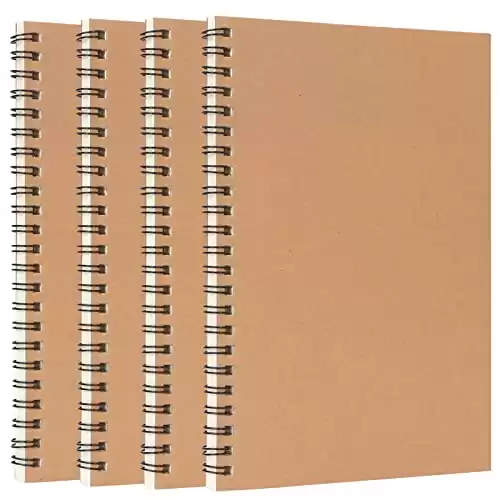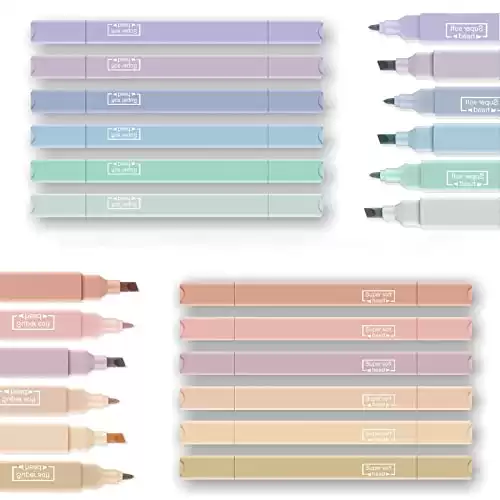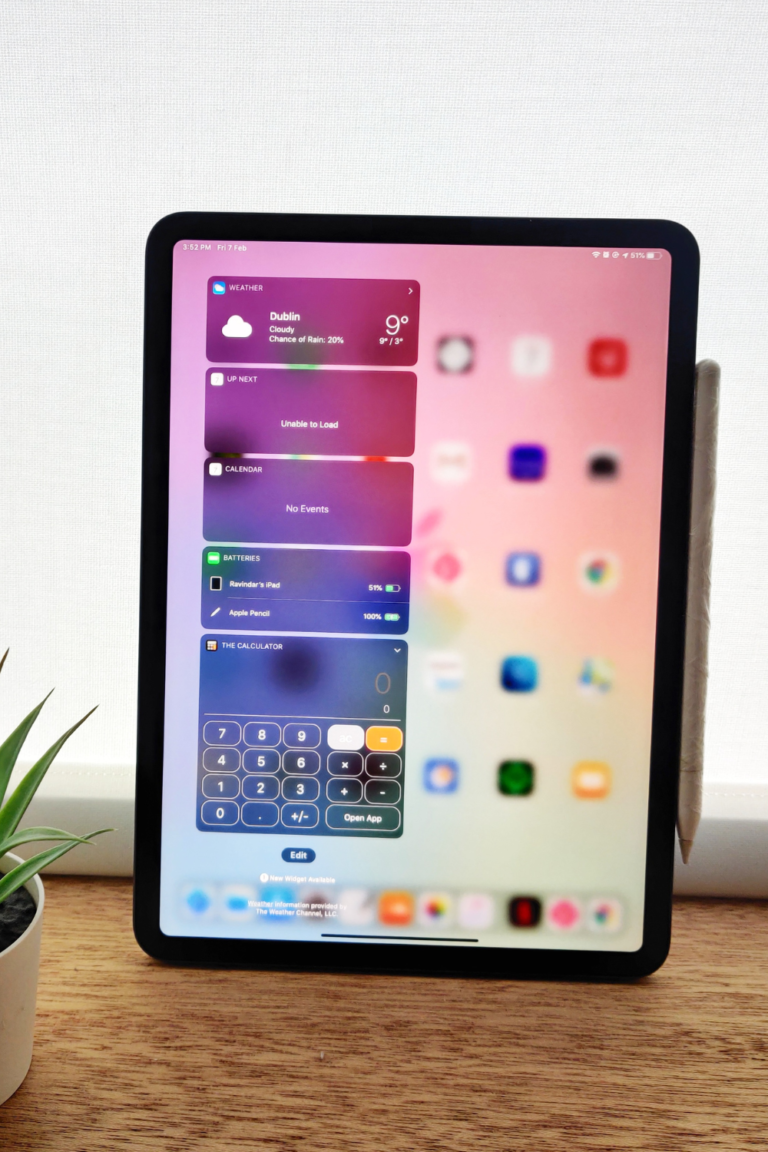How To Study With ADHD – The Best Study Tips (Helpful)
Estimated reading time: 8 minutes
This is the ultimate guide to learn how to study with ADHD. Use these tips to make studying with ADHD a lot easier!
This post may contain affiliate links, which means I’ll receive a commission if you purchase through my link, at no extra cost to you. Please read full disclosure here.
As an Amazon Affiliate I earn from qualifying purchases.

This post is all about learning how to study with ADHD — and that starts in the classroom with your notes! Utilizing this simple template can help you overcome issues such as time blindness and decision paralysis to help you stay organized when you study.
Disclaimer: I am not a doctor or licensed treatment provider. I only intend to help those with ADHD with studying and learning because I have struggled with many of these issues and have found some solutions that have worked for me — and might work for you too! However, always consult a doctor or licensed mental health worker for help or treatment.
How To Study With ADHD
Hey there! If you’re here there is a solid chance you are struggling with ADHD in school in need some help.
I am going to give you EXACTLY what you need … not just a list of traits that people with ADHD have that you should “work on”.
Chances are, if you have ADHD you already understand that it’s not going to just “go away”.
If you have ADHD — you need tools to make life easier — not because your brain “doesn’t work”, but because the world wasn’t exactly made to fit your brain and the way it works.
As someone who has tried a myriad of ADHD medications and struggled with feeling different than my peers, I can tell you that setting up procedures to work with my brain has been the key to feeling like I’m no longer drowning….
… which is exactly how school felt.
ADHD is NOT 100% BAD — it can also be your superpower:
- You might be just brimming with passion — you want to try everything!
- Your brain works fast — so fast it might be difficult to articulate!
- You can completely focus on something — for hours and hours!
If you have ADHD, here are some other issues you have potentially experienced:
- Emotional Issues
- Impulsivity
- Sleep Troubles
- Distractability
… these are what I cannot help with — and I recommend speaking with a mental health provider for them!
Not everything with ADHD is a struggle, but there are some commonly experienced issues that people with ADHD deal with in school that can make learning difficult.
Common ADHD Issues
- Object Permanence – this occurs when people struggle to remember things that aren’t directly in front of them, causing them to forget them to the point where they “don’t exist”.
- This can pertain to time and goals as well!
- Time Blindness – people with ADHD often struggle with estimating and recognizing time and therefore often struggle with meeting deadlines or doing things at appropriate times — such as studying too early or too late or forgetting to study all altogether!
- Prioritization / Decision Paralysis – People with ADHD often struggle with organizing items in terms of importance which sometimes results in decision paralysis. Which is a state where one has so many things they feel they need to tackle that they end up feeling like they can’t do anything because they don’t know where to begin.
- Organization – both physical, such as keeping track of important documents, and general organization, such as organizing their notes for study purposes.
If you have seen my other posts on note-taking — which I highly recommend — you will know that I HIGHLY recommend that your notes in-class and out-of-class are VERY DIFFERENT.
In summary…
- Your IN-CLASS NOTES should be:
- Brief and concise — you shouldn’t be re-writing what’s on the PowerPoint!
- Only focusing on highlighting important topics — You need to be mostly listening!
- Typed preferably — it’s faster, more efficient, easier to find later, you can get more down, they are easier to read.
- I also recommend typing notes because:
- If you use Google Docs for example — it autosaves
- It makes it easier to find your notes — because they are digitally saved! No more forgetting your notebook!
- I also recommend typing notes because:
- Your OUT-OF-CLASS NOTES should be:
- Longer-form and highly detailed — in order to do a more thorough deep-dive into the material
- Hand-written preferably — studies show that writing things out while studying helps your brain process and learn better.
Now I am going to walk you through how you should organize your in-class notes. If you have ADHD use these steps to help you with the commonly experienced issues of ADHD students.
Step 1: Creating Headers | How To Study With ADHD
As I mentioned above, people with ADHD often experience:
- Time blindness – example: being chronically late for a class because you forget what time it is at.
- Object Permanence – example: forgetting about the project you have due in a week
- Focus – example: forgetting about your goals or purpose
This is one of the many reasons I recommend typing your notes — especially in Google Docs: Headers
Here is a format I recommend using:
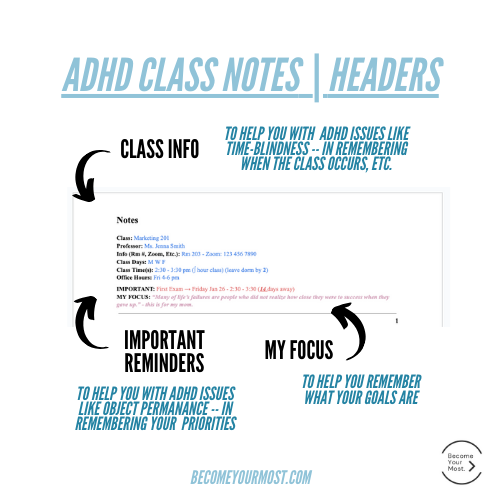
WHY I RECOMMEND USING THIS FORMAT
Easy access to:
- Class Info – this section can help you remember important class info such as — teacher, time, zoom # (if online), class name, etc. (trust me, with so much going on it can be easy to forget!)It’s easier to have easy access to this info because with object permanence it can be difficult to remember basic details causing you to spend mental energy trying to remember these details.
- Class Days and Times – this section can help you remember when the class occurs (because it can be easy to forget!)This section can help you remember with time-blindness to remember when it occurs and how long it lasts.
- I recommend writing out how long it lasts (even if it seems obvious). Things like when to leave so you give yourself enough time — so you can arrive on time!
- Important Reminders Section — this section can help you remember and visualize important deadlines, etc. This section should be edited frequently — and highlighted with bolding, color, etc. so it is always at the top of every page, right in your face — making it harder to forget about!
- I recommend writing a countdown (only if you can consistently update it!!!) so you can visualize it easier.
- In this example, knowing it’s 14 days away helps you recognize how much time you have left. If you have 2 weeks until the exam, instead of seeing it as a random date in the future.
- I recommend writing a countdown (only if you can consistently update it!!!) so you can visualize it easier.
- My Focus — this section can help you remember your purpose
- Maybe you’re doing this for yourself or maybe you are doing it for your daughter
Step 2: Using “Today’s Notes” Format | How To Study With ADHD
There are 3 sections/columns for this section — the main body of your notes.
- Key Terms — for all important definitions so you can isolate them in order to prioritize them.
- Today’s Notes — for all helpful, relevant notes — this should be simple and concise.
- To-Do List — this is ONLY for this class — and should be transferred into your planner or wherever you keep track of your schoolwork (if you don’t have one you need one!). This is to help you keep track of your priorities and non-priorities for the class.
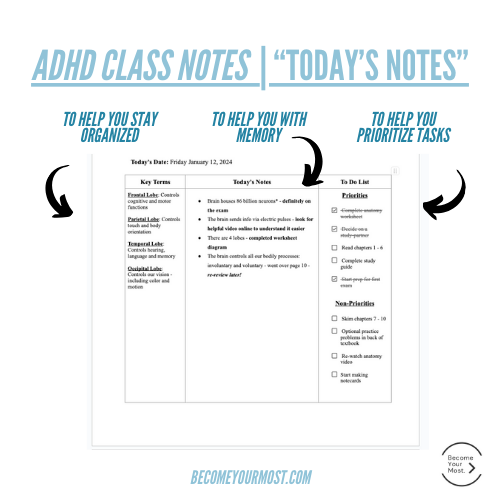
Why I Recommend This Format
Key Terms | Helping with Organization
People with ADHD often struggle with staying organized and class notes are no exception. It can be hard to determine what is relevant when you are studying so having a separate section with the important terms to look back on later can be extremely helpful in staying organized.
Today’s Notes | Helping with Organization and Not Getting Distracted
People with ADHD often struggle with memory so this section should be used as essentially a list of reminders of what you learned about in class, and what you should look back on later.
I recommend having a list of action items next to the things you reviewed as important reminders! This is critical because you are essentially teaching “later-you” what to do when studying!
To-Do List – with Priorities and Non-Priorities | Helping with Prioritization
People with ADHD often struggle with prioritization (as mentioned above), which results in decision paralysis — which occurs when you don’t know where to feel like you can’t do anything because you don’t know where to start.
Getting down everything you will need to be reminded of — or are likely to dwell on is helpful in clearing your mind so you can focus during class — and it will help you discern what is relevant and what is not! (especially later on!).
This post has been all about how to study with ADHD. I went over how to step-by-step set up your notes so that studying is a breeze!
Spa Bathroom Ideas – The Best Luxurious But Affordable Tips
This is the ultimate guide to spa bathroom ideas to make your bathroom look and…
Study Music For Better Focus | The Best Ambient Concentration Music
This is the ultimate guide to finding the best ambient music to help you study….
Valentine’s Day Gifts | Unique Ideas You Might Not Have Considered
This post is the top guide to finding amazing Valentine’s Day gifts that are affordable,…
Valentine’s Day Gifts For Him – The Best Gift Guide (Helpful)
This is the ultimate guide to finding the perfect Valentine’s Day gifts for him! No…
College Resume – How To Write The Best Resume (Template)
This guide is the best way to write a college resume that will help you…
Bridesmaid Box Ideas – The Best Creative Budget Ideas (Unique!)
🤍 These thought-provoking and creative bridesmaid box ideas are the best way to ask your…

